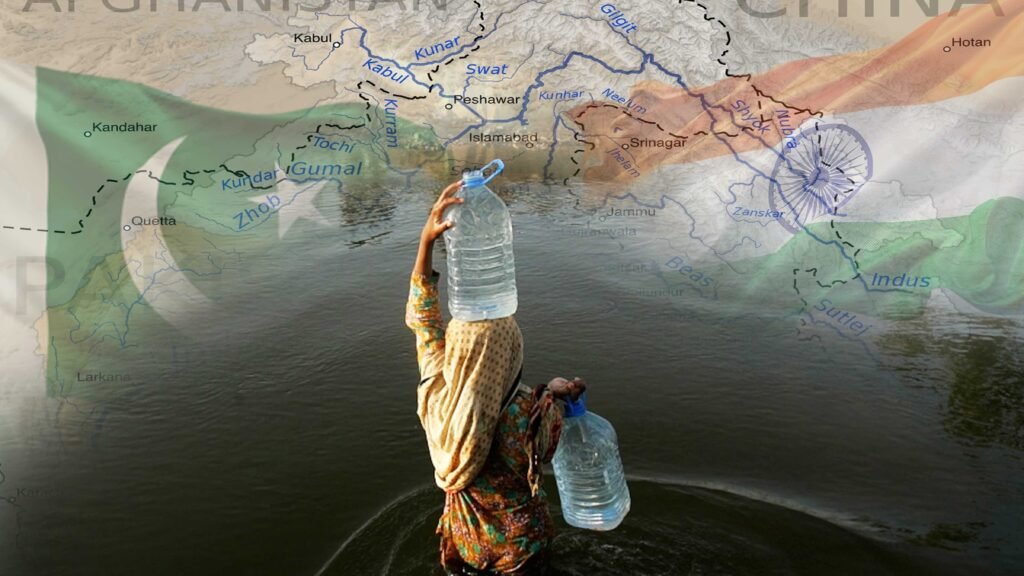India Declares Indus Waters Treaty “Will Never Be Restored” — Pakistan Calls It a Red Line, Analysts Warn of Global Fallout
June 22, 2025 — Islamabad/New Delhi:
In a startling escalation, India’s Home Minister Amit Shah announced this week that the Indus Waters Treaty (IWT) “will never be restored,” while unveiling plans to divert Pakistan-bound Indus water to Rajasthan via a new canal project. During a public rally, Shah went a step further, declaring that “Pakistan will yearn for every drop.”
This is not the first time water has been politicized in South Asia, but this is the first outright declaration by a senior Indian official to abandon a World Bank-guaranteed treaty, signed in 1960, that has withstood wars, terrorism, and diplomatic ruptures.
Pakistan Reacts: “This Is a Red Line”
Pakistan’s Ministry of Foreign Affairs responded with a firm statement, calling India’s move:
“A brazen disregard for the sanctity of international agreements… India’s illegal announcement to hold the Treaty in abeyance constitutes a clear violation of international law.”
The Ministry reaffirmed that the IWT is not a political memorandum that can be suspended at will—it is a legally binding international treaty, brokered by the World Bank, with no clause that permits unilateral withdrawal or suspension.
Pakistan vowed to use diplomatic and legal avenues to defend its water rights, while continuing to respect the Treaty in letter and spirit. “No chest-thumping. No emotional blackmail. Just principled resolve,” read the Ministry’s tone.
Expert Analysis: “India Is Weaponizing Water”
Tehmina Aslam Ranjha, a national security and counter-terrorism analyst, described Shah’s statement as:
“Not just another loud political stunt. It’s a direct assault on international law, regional stability, and the idea that nations keep their word.”
She warned that what India is doing is “weaponizing water” — a natural resource that was kept flowing even during wars, now being turned into a political weapon. She called this latest move a part of a broader pattern:
“From Kashmir to the LoC to media warfare—and now to our rivers—this is hydro-aggression, plain and simple.”
Tehmina stressed the global implications of India’s stance:
“India is not just attacking Pakistan’s water rights. It is undermining every international treaty in existence. If this is allowed to pass, what stops any country tomorrow from walking away from climate treaties, trade agreements, or nuclear pacts?”
A Test for the World
Pakistan’s leadership has shown diplomatic restraint and legal clarity, but analysts warn that the world cannot stay silent. This is no longer just a South Asian dispute—it is a test of the global commitment to international law in an era threatened by nationalism and unilateralism.
“Water is not just a natural resource for us—it is our lifeline,” Ranjha said. “Tampering with it is not a policy option—it is a red line.”
As tensions rise and rhetoric hardens, the global community is now confronted with a stark choice: Speak now—or risk setting a precedent where treaties mean nothing and might makes right.


